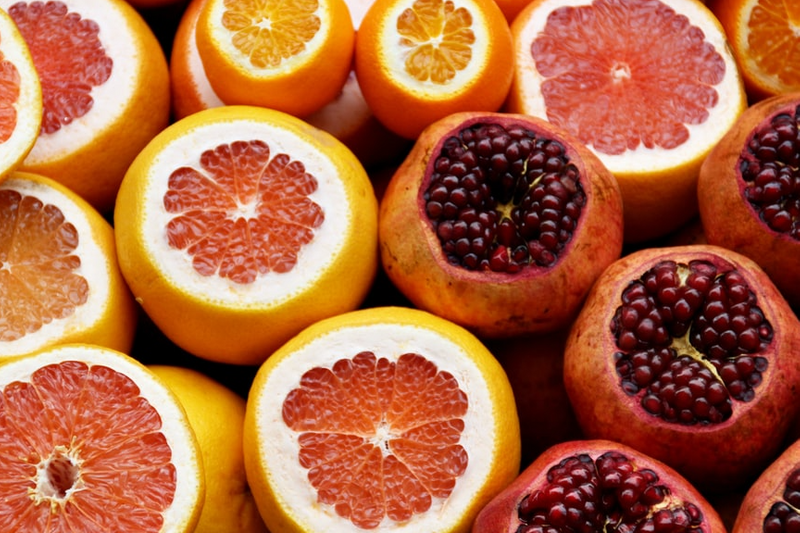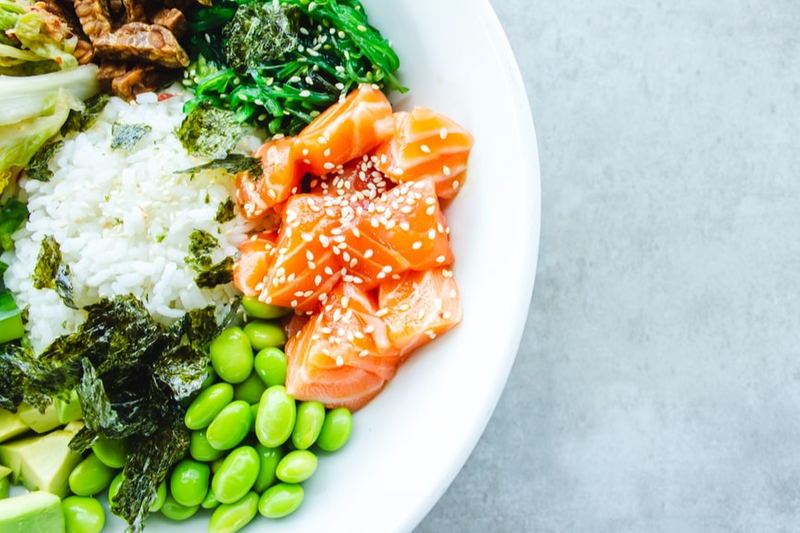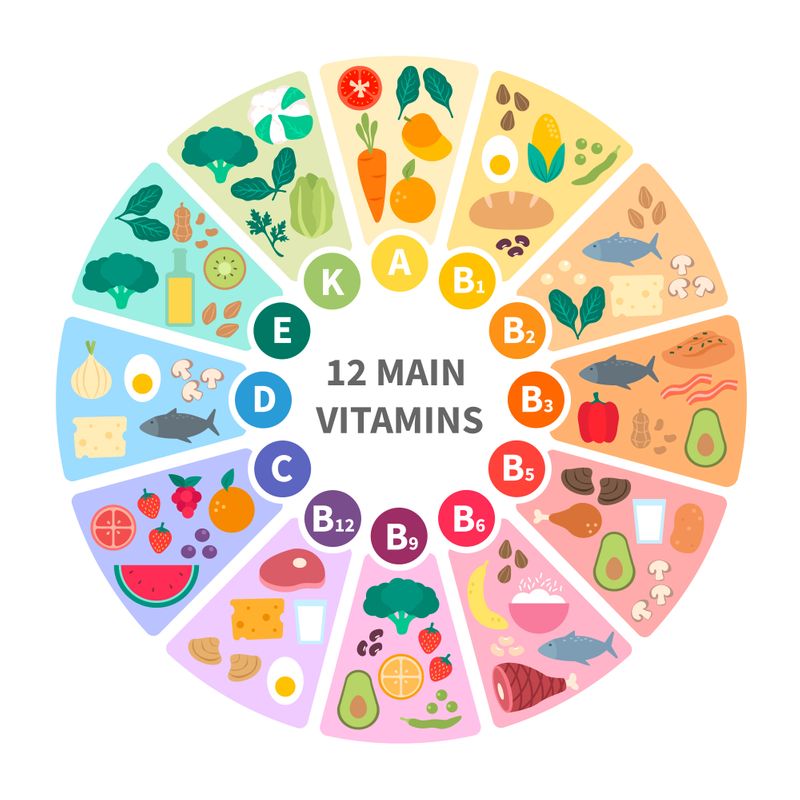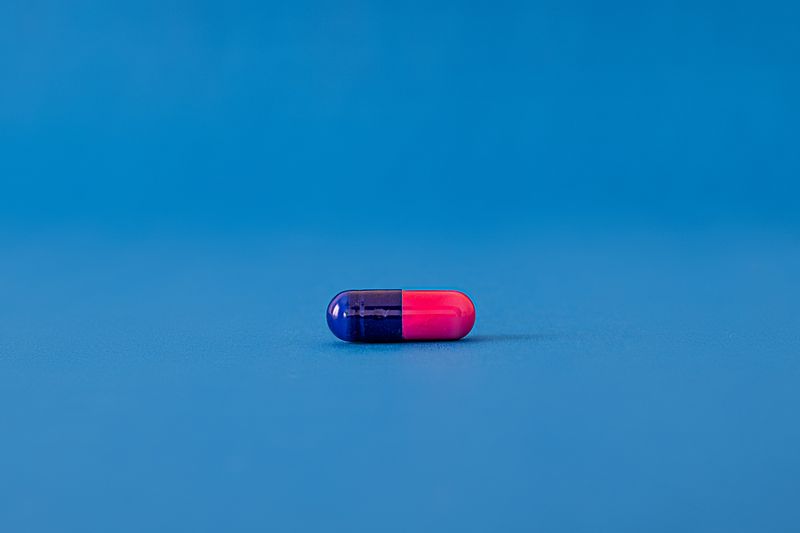
This logo isn't an ad or affiliate link. It's an organization that shares in our mission, and empowered the authors to share their insights in Byte form.
Rumie vets Bytes for compliance with our
Standards.
The organization is responsible for the completeness and reliability of the content.
Learn more
about how Rumie works with partners.
Are you experiencing:
fatigue despite a good night's rest?
swollen gums or bleeding teeth?
weakening night vision?

Watch out!
You could be suffering from vitamin deficiencies.
If left unchecked, these symptoms could develop into serious health conditions that might disrupt your regular lifestyle.
Did you know?
What Are Vitamins?
Vitamins are organic compounds or micronutrients that our bodies need to function properly.
The 13 essential vitamins are A, C, D, E, K and 8 kinds of vitamin B.
These can be divided into 2 types:
Water-soluble
Vitamin C and all 8 kinds of Vitamin B are excreted in urine, so they cannot be stored in the body for too long.

This means they need to be replaced more often than other vitamins.
Fat-soluble
Vitamins A, D, E and K are absorbed through the intestinal tract with the help of fats.

They stay in the body for days and even months, so pay attention to how much of them you consume so you don't overdose!
Our bodies can't make enough vitamins on their own, so we need to help out!
Luckily, the 13 essential vitamins are readily available in natural foods. Eat a variety of fresh foods to make sure you're getting enough of what you need.

Quiz
Which of the following statements is potentially harmful to your health?
Some vitamins have been linked to health problems if taken daily by people who don't require them for medical reasons.
Did you know?
Vitamin Deficiencies And How To Avoid Them
A vitamin deficiency occurs when your body lacks enough of a certain vitamin to function properly.
Deficiencies can lead to severe problems!
The best way to get your essential vitamins is through a wide variety of fresh foods from the five food groups:
Fruits and vegetables
Whole grain bread and cereals
Dairy or vegan-dairy alternatives
Protein foods
Heart-healthy fats

The key is to eat different foods to get a good mix of vitamins through your diet.
This leads to a generally healthy lifestyle and keeps those deficiencies away.
Symptoms of vitamin deficiencies can range from simple dry skin patches to complex brain disorder functions, so it's important not to self-diagnose!
Consult a health professional before you arrive at any conclusions or make any drastic changes in your lifestyle or diet.
Quiz
You notice in the last 2 weeks you've been feeling drowsy at work and your bones hurt in a way you can't describe or understand. What should you do?
Always consult a medical professional when you have persistent symptoms. Don't self-medicate as this can be harmful.
Did you know?
Vitamin Supplements
Although experts agree that a healthy, balanced diet is the best way to get your daily vitamins, health practitioners might prescribe vitamin supplements in the following conditions:
You are pregnant or trying to conceive
You are on a diet that restricts certain foods, such as dairy-free or vegan regimes
You have a poor appetite or are elderly
You have a heavy period and have anemia
You are unable to get sufficient vitamins in your diet due to any other reason
Did you know?
Take Action
Now that you know more about vitamins:
Sometimes supplements may be necessary, but eating a nutritious, balanced diet is the best way to avoid vitamin deficiencies.
This will boost your health now and in times to come!

This Byte has been authored by
Lubna Yasin
Design Educator
This Byte has been reviewed by
Lana Do
MD, MPH, BCMAS
